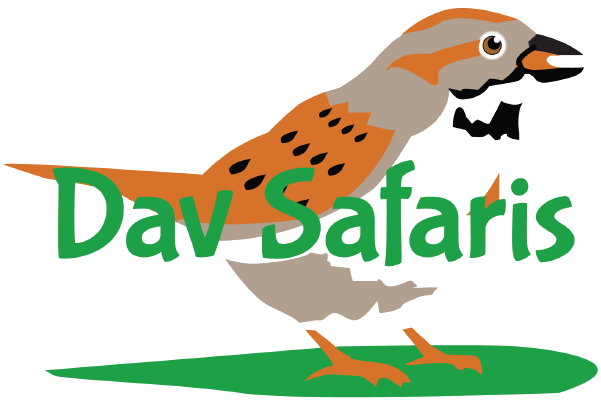What culture experience to expect on a Kenya wildlife safari
When starting on a Kenya wildlife safari, visitors can expect to be immersed in a rich tapestry of culture as diverse and lively as the country's animals. Kenya is home to approximately 40 distinct ethnic groups, each with their traditions, dialects, and customs. As you travel through the country's gorgeous landscapes, you will have the opportunity to interact with local populations and learn about their way of life. Here are some cultural things to expect during a Kenya wildlife safari:
Interaction with Maasai Communities
The Maasai are one of Kenya's most famous and identifiable tribes. The Maasai people, known for their distinctive red dress, elaborate beadwork, and traditional pastoralist lifestyle, have managed to keep their age-old customs alive despite modernization. During your Kenya wildlife safari, you may have the opportunity to visit a Maasai hamlet and interact with people. This cultural exchange gives an insight into their daily lives, from herding cattle to performing traditional dances. You may even be able to buy handcrafted crafts directly from the artists, helping to support their livelihoods while bringing home a one-of-a-kind souvenir.
Traditional Music and Dance Performances
Traditional music and dance are important forms of cultural expression across Kenya. Many safari lodges and camps provide nighttime concerts with native musicians and dancers, allowing tourists to witness the rhythmic motions and melodious tunes passed down through generations. These performances frequently combine narrative, ceremonial rites, and celebratory dances, creating a stunning presentation of Kenya's unique cultural heritage.
Culinary Experiences
Food is an essential component of any culture, and Kenya's gastronomic landscape reflects the diversity of its ethnic groupings. While on a Kenya wildlife safari, you may expect to eat traditional Kenyan cuisine made using locally available ingredients. From Nyama Choma (grilled beef) to Ugali (maize meal) and Sukuma Wiki (collard greens), you'll be able to savour traditional flavours steeped in Kenyan culture. Furthermore, certain lodges may provide cooking demonstrations or cultural dining experiences, where you can learn about the ingredients and cooking skills that define Kenyan food.
Arts and Crafts
Kenya is well-known for its thriving arts and crafts industry, which features a diverse range of handmade products that highlight the country's artistic talent and cultural heritage. While on safari, you may come across local craftsmen selling their creations at marketplaces or roadside shops. These handicrafts, which range from beautifully carved wooden sculptures to colorful textiles and beaded jewelry, represent Kenya's rich cultural identity. Engaging with craftspeople allows you to learn about the creative processes that go into these works of art while also supporting local handicrafts.
Language and Communication
With over 60 languages spoken in Kenya, language is an important component of cultural identity. While English and Swahili are widely spoken, several ethnic groups have their unique languages. Engaging with locals allows you to acquire simple greetings and phrases in multiple languages, which promotes cross-cultural communication and demonstrates respect for Kenya's linguistic diversity. By making an effort to participate in basic discussions, you can form significant connections with the people you meet on your safari.
Participation in Community Projects
Some safari companies allow guests to participate in community-based projects that benefit local causes such as education, healthcare, and environmental conservation. These experiences enable tourists to contribute to sustainable development efforts while learning firsthand about the problems and accomplishments of local communities. Whether working at a school, planting trees, or assisting with wildlife monitoring, these activities provide a deeper knowledge of the interdependence of conservation, culture, and community development in Kenya.
In conclusion, a Kenya wildlife safari offers more than just encounters with majestic wildlife; it provides a gateway to experiencing the rich cultural tapestry that defines the country. Engaging with local communities, savoring traditional cuisine, witnessing artistic expressions, and participating in community initiatives all contribute to a holistic safari experience that celebrates Kenya's diverse heritage. By embracing these cultural encounters, travellers can gain a deeper appreciation for the interconnectedness of wildlife conservation and community well-being in this extraordinary destination.
8 Days Rift Valley and Western Kenya Birding Trip
9 Day Kenya Wildlife Safari Experience
